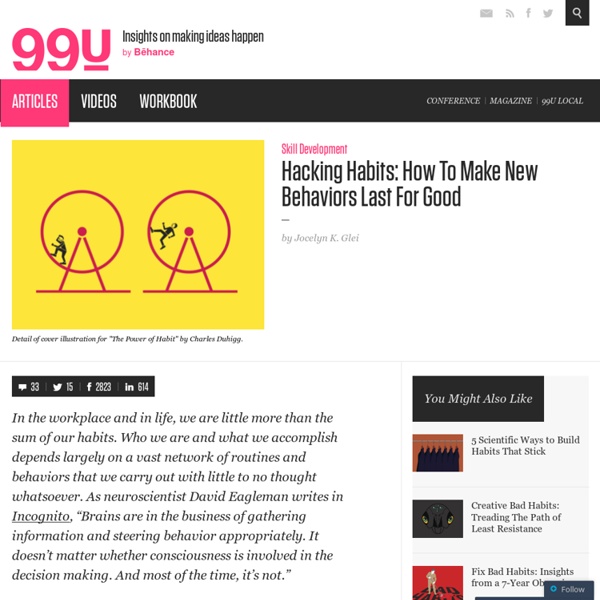30 Questions to Ask Yourself Before You Die
{Via studioflowerpower on etsy} “Rather than money, than fame, than love…give me truth.” ~ Thoreau I woke up this morning and my life clock marked 30. My first sleep-deprived idea was to pack a small suitcase, get on the first train, move to another country, change my name, change my hair color (or get plastic surgery if needed), and start from scratch. By now, I’m good at both: fighting and disappearing. A true warrior doesn’t feel forced to do either, but moves through and with and for life, like water. So after I washed my face and considered the costs of running and those of fighting, I decided to do neither and have some juice instead. {Alkaline Espresso / Click for recipe.} We are a constant process, an event, we’re change. Our life is the house, the rest are just projections, shadows of the greater structure: even our deepest thoughts, beliefs, you, me and everything and everyone we’ve ever known, are subject to interpretation. Loving the questions means to love yourself. You. Comments
Music Training and Neuroplasticity
With our multi sensory brain, music harnesses powers of nature, culture, and mind. How much is the brain changed by the effects of music training and neuroplasticity? Music is one of the most demanding cognitive and neural challenges, requiring very accurate timing of multiple actions, precise interval control of pitch not involved in language, and multiple different ways of producing sound. Brain Lesion Effects on Music All brain imaging is done in a time scale of seconds, but the brain functions in the scale of milliseconds. A lesion in the auditory cortex causes “amusia” where a patient can speak and understand everyday sounds, but cannot notice wrong notes in tunes, or remember melodies.Another case, a 71-year-old cellist, had encephalitis and lost ordinary memory, but remembers music. But, recent research shows that when studying infants these differences do not necessarily exist. What Is Known About Music in the Brain? Perhaps some generalizations can be made: Speech and Music Babies
13 Small Choices That Can Change Your Life In Great Ways
While practicing neuropsychiatry and studying neuroscience for 40 years, my interest expanded from the human brain to include evidence of mind throughout nature—in animals, plants, microbes, and other cells. Amazingly, even plants and cells have intelligence, which means that science isn't all we've been taught to believe. From my decades of research, there are simple important things that I wish everyone knew. Some of these small choices and new ways of looking at the world could change your life in great ways. 1. Sleep is more important than most people realize. 2. Napping can increase memory and creativity. 3. Memory is not fixed. 4. If there is one magic bullet for increased body and brain health, including increased memory, it is sensible regular exercise. 5. When eating certain foods (including processed foods, sugar, and unnatural ingredients), our hormones and neurons react strongly, as if exposed to a drug. 6. 7. 8. 9. 10. Those who know animals understand this. 11. 12. 13.
11 Productivity Hacks to Boost Your Mental Focus
Making a dent in the universe requires focus. So we've collated 11 simple and easy to use tips on improving your mental concentration. Most of it is a basic stuff that I tried myself, so I selected what got me the best results. What works for me may not work for you but the best way to find out is to keep testing new ideas all the time ( and eventually adopt what works and move on from what doesn't )! #1. Lack of sleep decreases production of chemicals such as dopamine or adrenaline that regulate your attention. Our tip: Have a fixed time to wake up and go to bed when your body gets tired. - This way you let your body regulate how much sleep it needs. #2. Simple carbs digest very quickly and cause insulin spike which pulls excess glucose out of your bloodstream. Complex carbs take longer to digest delivering your brain a steady supply of energy. Our tip: Eat complex carbs while working. #3. Our tip: Track your energy / focus and mood levels every hour for a week or two. #4. 1. 2. 3. 4. 5.
Weather Bucureşti
Here we display the weather development for the next 7 days. Click on a tab to view a detailed day forecast. You can also use the keyboard arrow keys to navigate through the days, or if you use a touch screen, you can use the swipe function. Each tab includes a pictogram with the weather condition, maximal and minimal temperature, dominant wind speed and wind direction, the precipitation amount for 24h in mm and the sunshine hours. If you move your mouse over the logo for sunrise and sunset, also the current UV index is displayed. The 3-hour overview shows a more detailed forecast for the selected day: The top-left shows sun and moon rise and set times. Click on additional parameters to extend the forecast by the following parameters: The 3-hour values are extended by felt temperature, wind gusts and relative humidity.



